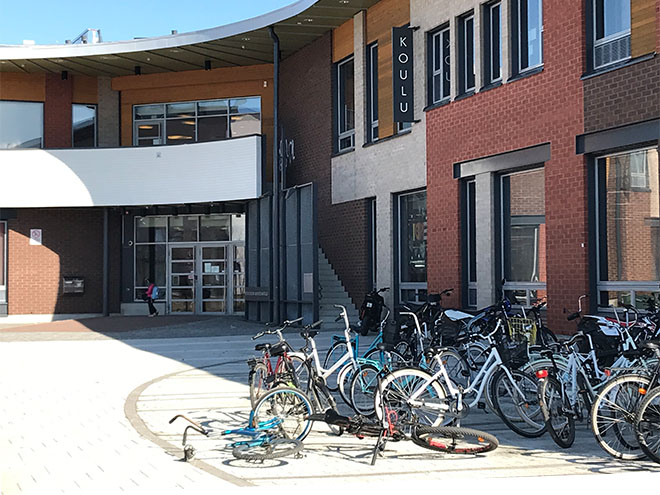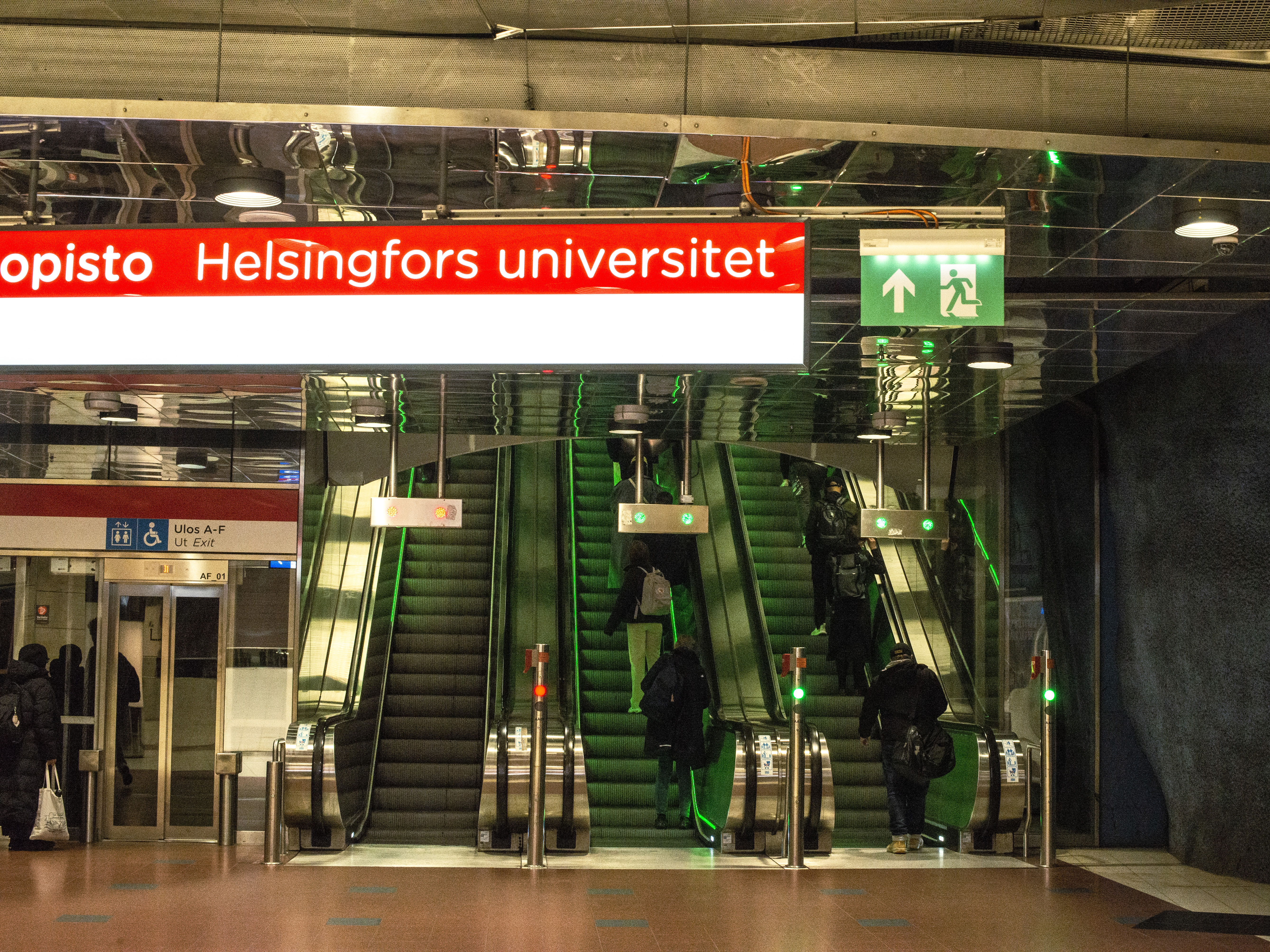Education Research
Education is one of the key factors causing differences in earnings for individuals and influencing the economic growth of states. The decision to get a degree is perhaps the most significant investment the average person makes in their lifetime. The importance of education is also evident from the amount of public capital spent on it. In 2018, education’s share of public expenditure was 5.6% of Finland’s GDP, the second highest among OECD countries. At VATT, the economics of education has been an important field of research throughout our 30-year history.

Research projects on education
Benefits of education for individuals
One of the first studies on the effects of education on earnings in Finland was conducted by VATT as early as 19911. Vocational labour market training for adults has been a key component of the Finnish education system for years, and its effects on employment and earnings have also been researched at VATT2. Today, we have a more comprehensive understanding of the benefits of education for individuals. For example, researchers at VATT are studying how being accepted to upper secondary education affects the propensity to commit crimes3. These research results indicate that education has a significant positive effect on the wellbeing of individuals, also in Finnish society.
Effectiveness of resources directed at education
Throughout the years, VATT has also conducted a great deal of research on the effectiveness of resources directed at education. For example, we have examined how differences in investments made by municipalities have affected students’ results. Since the 1990s, Finnish municipalities have been largely free to decide how much resources they give to upper secondary schools, but research results indicate that the amount of resources has had little effect on test results4. Most upper secondary schools are quite uniform in performance when the starting levels of upper secondary students are taken into account5. However, research shows that resources given to comprehensive education do affect performance. The City of Helsinki’s “Positive Discrimination” policy has proved to be successful. The policy directs resources to schools with more pupils from challenging backgrounds6.
Effect of family background on education
Although most resources used for education in Finland are directed at the public sector, the students’ family background is still strongly connected with their educational attainment. The effect of the parents’ educational background on the education of their children has been studied at VATT by looking at the geographical expansion of the Finnish university system in the 1960s and 1970s7. Education policy can be used to minimise the negative effect of a student’s family background on their education, which assists in ensuring equal opportunities for all. For example, education policy actions such as the reform of compulsory education have been proven to reduce the connection between a student’s family background and their educational attainment8.
Student selection
In education research at VATT, we currently focus on studying the mechanisms of the student selection process. The student intake capacity is restricted and in a developed country, like Finland, application numbers are high. The admission process seems to have a significant effect on the efficiency and fairness of an education system. In the 1970s, Finland implemented a jointly coordinated application process for upper secondary schools. VATT is now using historical data to study the effects of this joint application process. The My Path project, coordinated by VATT and funded by the Strategic Research Council, researches the effect guidance counselling on students applying through the joint application process. In addition, VATT and the Labour Institute for Economic Research have started a joint research project studying the effects of the 2020 student admissions reform on higher education institutions.
Length of compulsory education
Plenty of interesting research subjects in education policy remain. The 2019 Government Program includes plans to extend the age limit of compulsory education in Finland. This would significantly change the Finnish education system and also increase the importance of guidance counselling and improving pupils’ learning outcomes primary and lower secondary education. These topics will continue to keep researchers interested in education-related questions busy during VATT’s fourth decade of operation.
1) Tossavainen, P. (1991) Koulutus ja ansiot, VATT keskustelualoitteita, 5.
2) Hämäläinen, K. and Tuomala, J. (2007) Vocational labour market training in promoting youth employment, VATT keskustelualoitteita, 432.
3) Huttunen, K., Pekkarinen, T., Virtanen, H. and Uusitalo, R. (2018) Lost boys: Access to secondary education and crime, VATT Working papers, 114.
4) Kirjavainen, T., Häkkinen, I. and Uusitalo, R. (2000) School resources and student achievement revisited: New evidence using panel data, VATT keskustelualoitteita, 227.
5) Pursiainen, H., Kortelainen, M. and Pääkkönen, J. (2014) Lukioiden väliset erot ja paremmuusjärjestys, VATT tutkimukset, 117.
6) Silliman, M., (2017) Targeted funding, immigrant background, and educational outcomes: Evidence from Helsinki’s “Positive Discrimination” policy, VATT Working Papers, 91.
7) Karhunen, H. and Suhonen, T., (2019) The intergenerational effects of parental higher education: Evidence from changes in university accessibility, Journal of Public Economics, 176, 195-217.
8) Pekkarinen, T., Uusitalo, R. and Pekkala, S. (2009) School tracking and intergenerational income mobility: Evidence from the Finnish comprehensive school reform, Journal of Public Economics.





